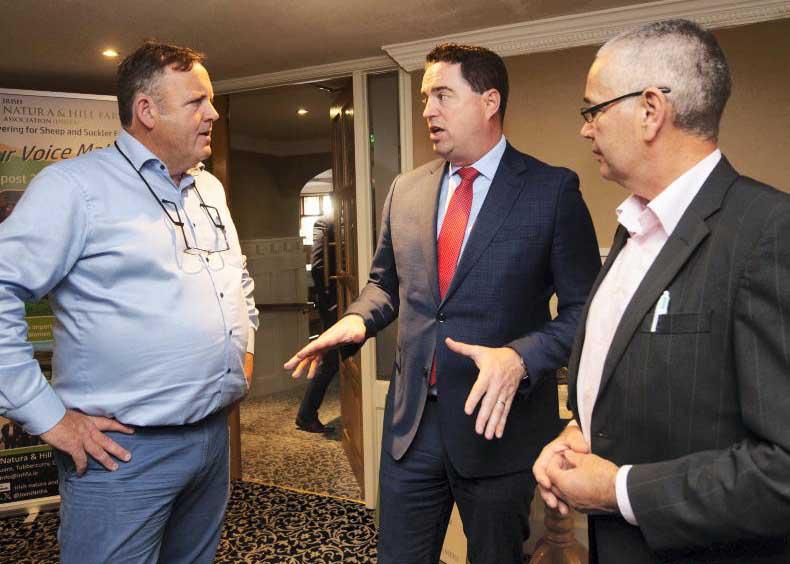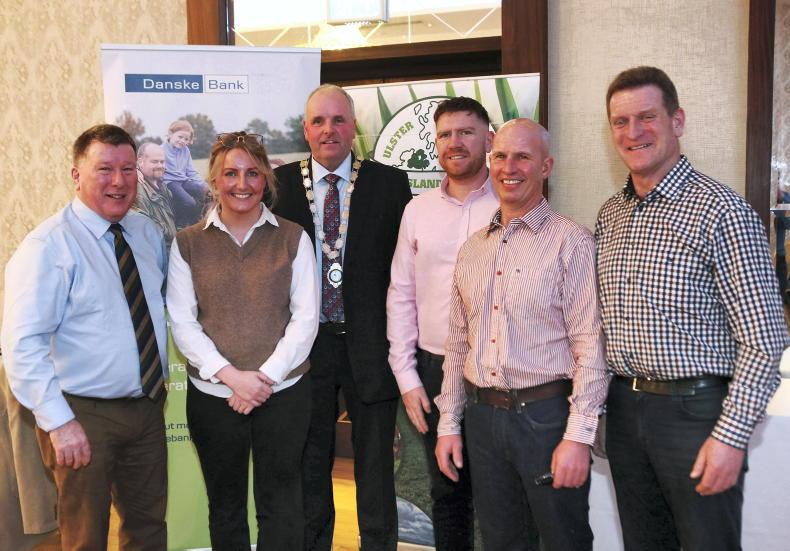Farmers cannot be “collateral damage” in the battle to curtail food price inflation, the Irish Natura and Hill Farmers Association (INHFA) has warned.
The hill farmer body said the increased cost of producing food has to be recognised by both supermarkets and consumers and could not be “conveniently ignored”.
“Food producers are facing massive increases in input costs this year and these higher costs will have to be reflected in farm-gate prices,” INHFA president Vincent Roddy said.
Fertiliser prices
He pointed out that fertiliser prices are up 200% to 250% on last year, with feed, fuel and electricity also significantly more expensive.
“Urea that could be bought for €400/t last year is now costing €950/t. Ration prices have edged over the €400/t [mark] and are still rising, while silage contractors still cannot commit to prices for the season ahead,” Roddy maintained.
They simply cannot afford to absorb the increased input costs
“This is the environment in which farmers are operating. And it is the reason why farmers need price increases. They simply cannot afford to absorb the increased input costs,” he insisted.
In its latest quarterly economic survey, the ESRI said inflation could peak at 8.5% this summer before averaging out across the year at 6.7%.
Food inflation was 2% in January, but is expected to increase further in the coming months, as the recent hikes in fertiliser, feed and fuel are reflected in supermarket prices.
However, the INHFA said the challenge posed by higher food prices should not delay Government action in such areas as below-cost selling by supermarkets.
“It is vital that below-cost selling is banned as a starting point,” Roddy said.
“The actions of the supermarkets over time have negatively impacted on the overall supply and price of food, by cutting returns for local producers and effectively forcing some operators out of business. This has been seen particularly in the horticulture sector,” he maintained.
“More generally, the downward pressure on food prices has driven greater specialisation over diversification within farming. And this has left us in a dangerous place with regard to food security,” the INHFA leader added.









SHARING OPTIONS